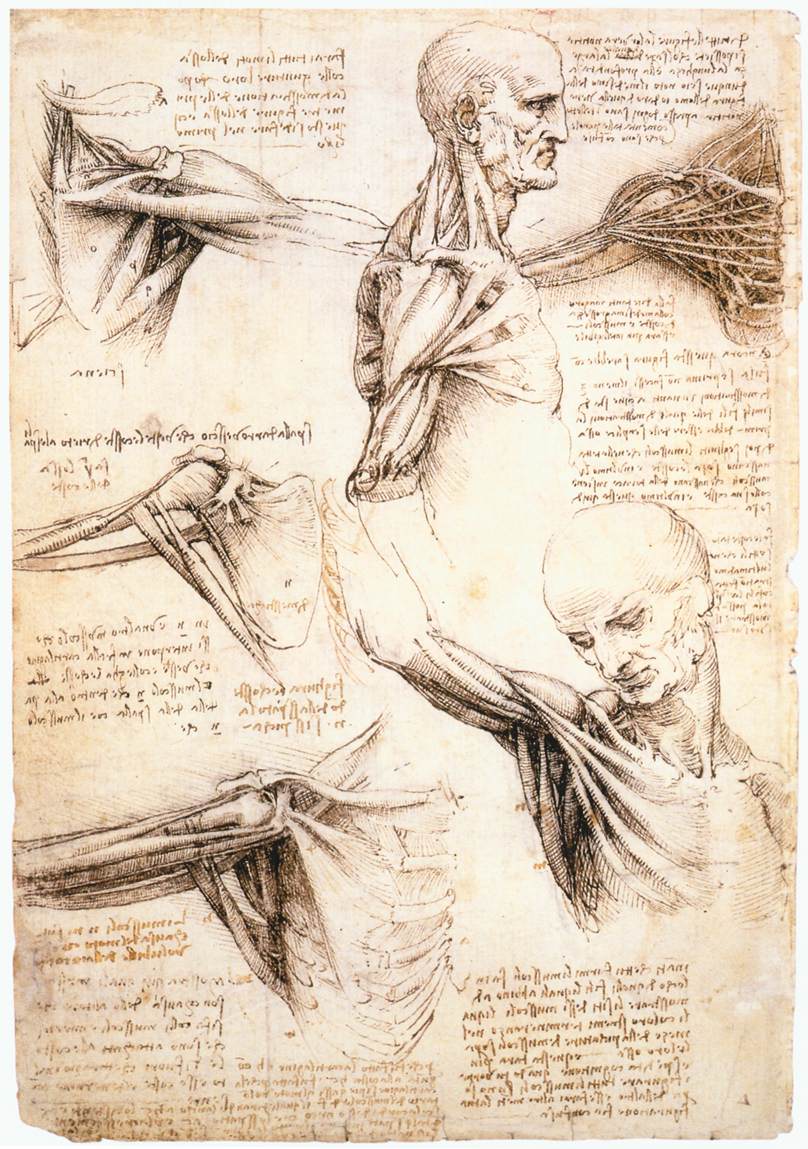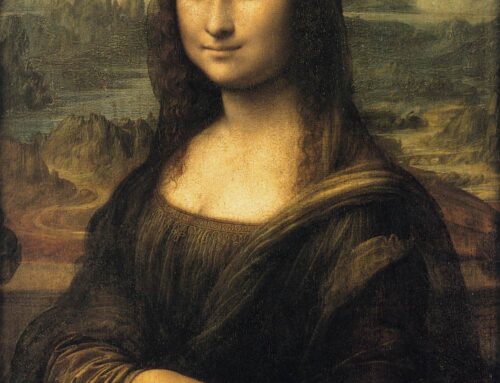They say that knowledge born of experience is mechanical, but that knowledge born and consummated in the mind is scientific, while knowledge born of science and culminating in manual work is semi-mechanical. But to me it seems that all sciences are vain and full of errors that are not born of experience, mother of all certainty, and that are not tested by experience, that is to say, that do not at their origin, middle, or end pass through any of the five senses. . . .
If you despise painting, which is the sole imitator of all visible works of nature, you certainly will be despising a subtle invention which brings philosophy and subtle speculation to bear on the nature of all forms — sea and land, plants and animals, grasses and flowers — which are enveloped in shade and light. Truly painting is a science, the true-born child of nature….
Painting can be shown to be [natural] philosophy because it deals with the motion of bodies in the promptitude of their actions, and philosophy too deals with motion. . . .
Painting extends to the surfaces, colours, and shapes of all things created by nature; while philosophy penetrates below the surface in order to arrive at the inherent properties, but it does not carry the same conviction, and in this is unlike the work of the painter who apprehends the foremost truth of these bodies, as the eye errs less. . . .
Leonardo da Vinci, Notebooks.









Leave A Comment